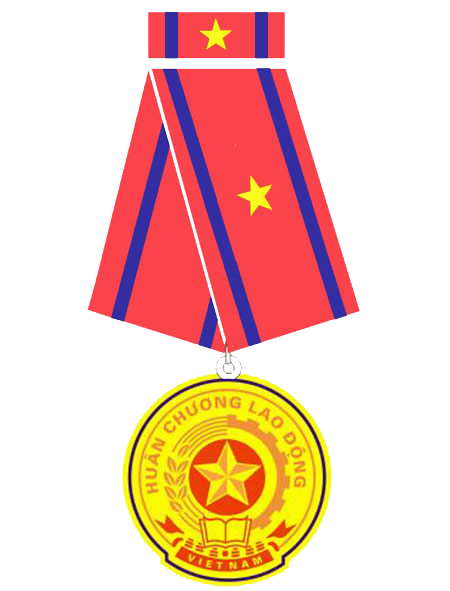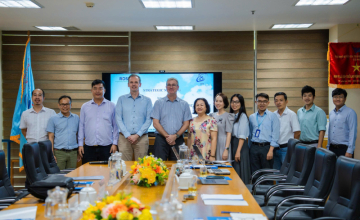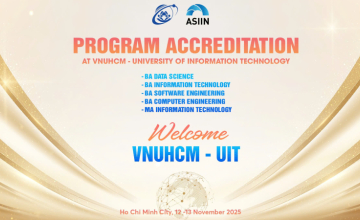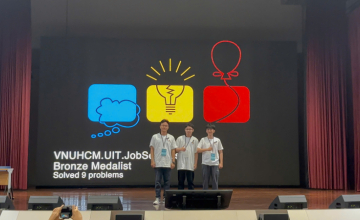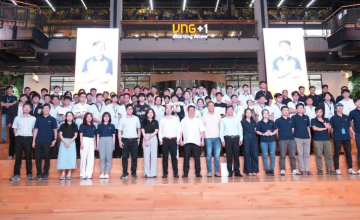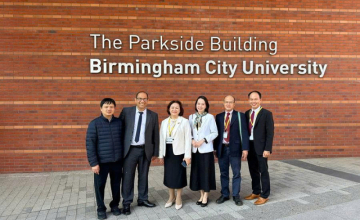The Competency Assessment Exam (CAE) at VNU-HCM not only serves as an admission method but also contributes to providing comprehensive learning orientation for high school students. Additionally, the exam offers students the opportunity to access and enhance fundamental skills required for university education such as language proficiency, logical thinking, and problem-solving.
How does the CAE exam actually impact student learning? What do high school students need to study and prepare for to receive positive impacts? To clarify these issues, the VNU-HCM Newsletter conducted discussions with candidates who achieved over 1,000 points in CAE exams.
* Nguyen Dai Nghia - scored 1,052 points in the 2019 CAE exam, Bachelor of Information Technology, University of Science, VNU-HCM
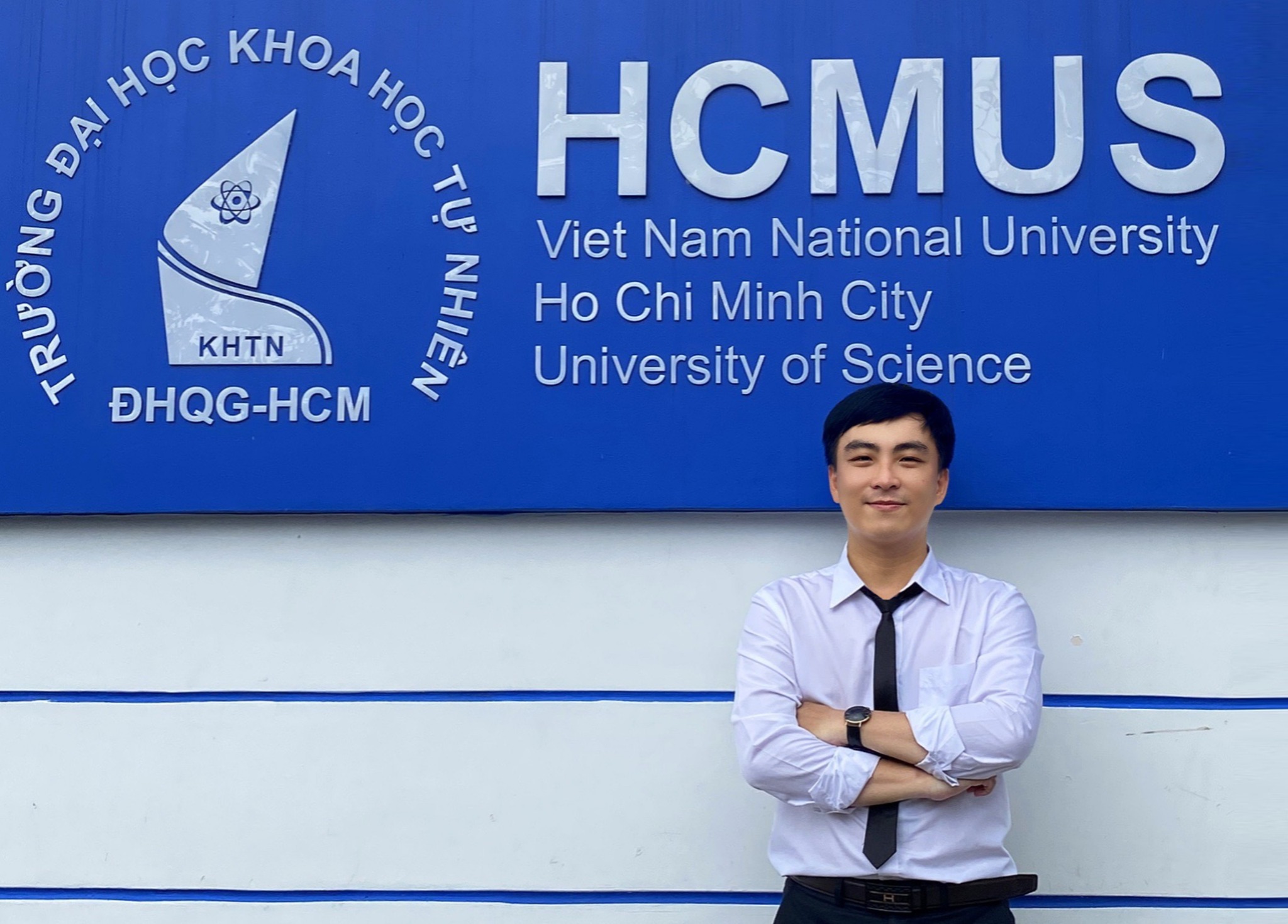
Getting Acquainted with University Learning Methods
I found that the knowledge in the VNU-HCM CAE exam was extensive, covering most high school subjects, which allows for comprehensive assessment of high school students. The strength of the CAE exam is that it does not focus solely on memorization or rote learning but instead evaluates the ability to self-study, comprehend, and solve problems.
For example, most questions in natural sciences and social sciences are presented in the form of reading comprehension passages. To solve them, candidates need to quickly comprehend and analyze important information within a short time frame. This aspect is similar to university study where self-learning, reading comprehension, and problem-solving skills are crucial.
It can be said that preparing for the CAE exam by reviewing knowledge and practicing reading comprehension skills helps high school students get acquainted with suitable learning methods for their upcoming university journey.
* Nguyen Quynh Giang - scored 1,031 points in the 2019 CAE exam, Medical student, Faculty of Medicine, VNU-HCM

Assistance throughout 5 years of Medical study
I really like the format of the CAE exam because it does not solely rely on memorization. Instead, it provides essential information and requires candidates to use it to solve problems in various fields.
Practicing reading comprehension and logical thinking skills through the CAE exam has greatly supported me throughout my 5 years of medical study. As the knowledge in this field is vast and specialized, these two skills have helped me quickly access and retain the necessary knowledge. Additionally, I can analyze the importance of different pieces of information to prioritize my study plan effectively.
* Dinh Huu Nghiem - scored 1,009 points in the 2022 CAE exam, English Language student, Faculty of Social Sciences and Humanities, VNU-HCM
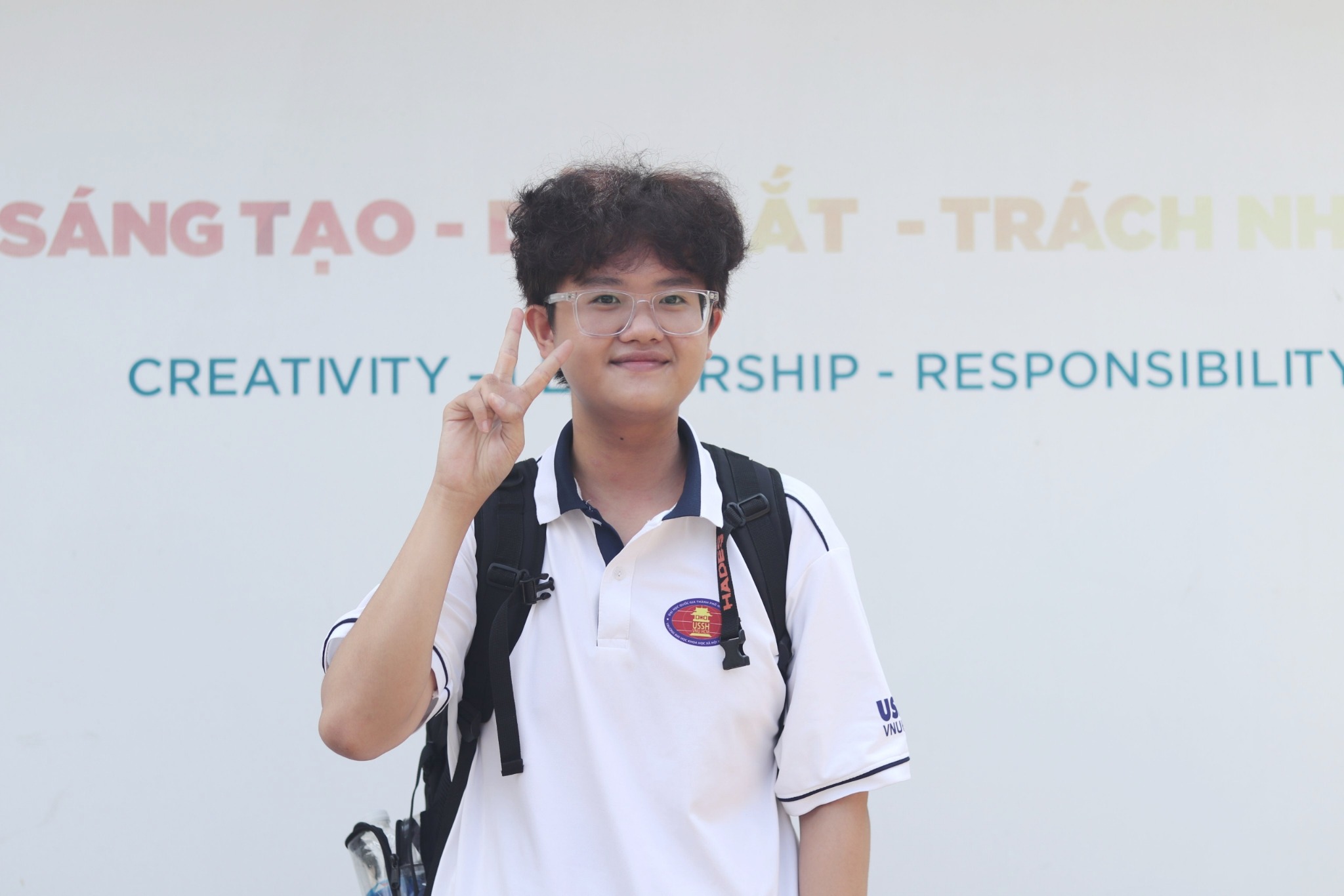
Developing Critical Thinking and Analysis Skills
After a period of preparing for the CAE exam, I realized that it is truly suitable for me. The exam content spans across all subjects with varying degrees of difficulty, emphasizing the ability to think and process information—skills that I could develop and apply more quickly compared to academic knowledge.
Thanks to the exam preparation process, my logical thinking and problem-solving skills have been greatly enhanced. I can now easily apply them to my university studies, such as analyzing and approaching problems in foundational courses like Research Methods in Social Sciences and Statistics for Social Sciences.
Based on my experience, to both develop competency and achieve good results in the CAE exam, candidates need to find motivation, establish disciplined study habits, and determine effective learning strategies. This learning strategy should include self-assessment, analyzing exam formats, comprehensive review, sectional review, and focusing on their strengths.
* Pham Tuan Dat - scored 1,107 points in the 2022 CAE exam, Computer Science student, University of Technology, VNU-HCM

Acquiring Various Soft Skills
I consider the CAE exam as an opportunity to self-assess my knowledge and better prepare for the national high school graduation exam. To achieve high scores in this exam, besides equipping oneself with sufficient knowledge, one needs to maintain a relaxed and calm mindset. Studying the exam structure and allocating time effectively for each section also contributes to high scores.
The knowledge acquired during CAE exam preparation has helped me excel in foundational and core subjects of my major during my university studies. Moreover, during the CAE exam preparation period, I also developed many soft skills such as time management, study planning, problem-solving, reading comprehension, and researching documents. These are fundamental skills that play a crucial role throughout my university learning journey, contributing to better academic performance.
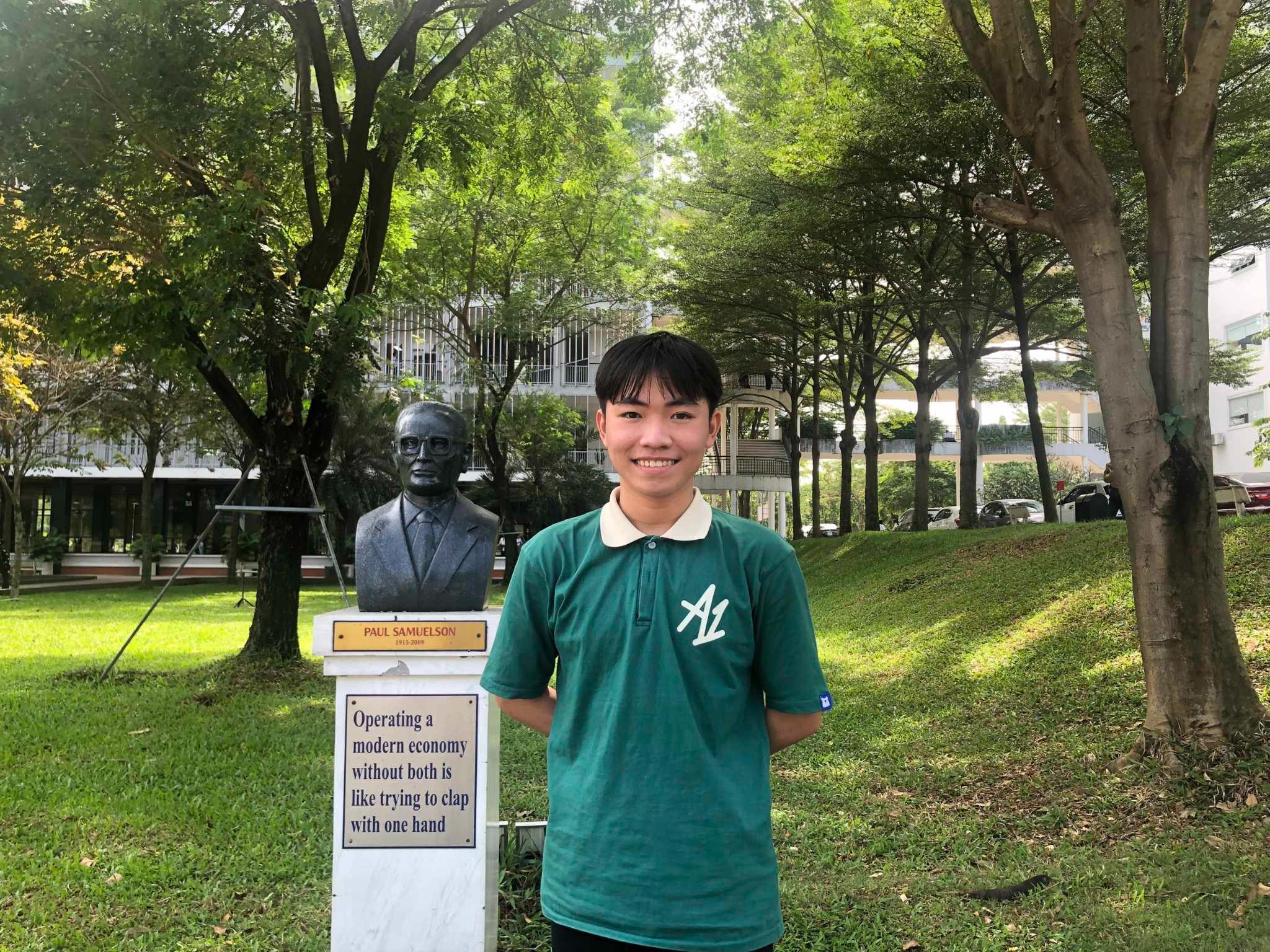
CAE at VNU-HCM: An Effective Assessment Tool
Assoc. Prof. Nguyen Dinh Tuyen - Deputy Head of the Training Department, VNU-HCM University of Technology, emphasized that the CAE at VNU-HCM is an effective assessment tool in the university's admission process. Specifically, the CAE score accounts for up to 75% of the academic criteria in the combined admissions method.
"The CAE exam helps assess the basic competencies of candidates such as language usage, mathematics, logical thinking, data analysis, and problem-solving skills. This helps the university proactively select high-quality candidates aligned with our training strategy," explained Assoc. Prof. Nguyen Dinh Tuyen.
Furthermore, candidates with high CAE scores often achieve good academic results in university. According to statistics from 2018-2021, the proportion of students admitted through the CAE method graduating with honors is higher than those admitted through the traditional high school graduation exam method.
By Huong Nhu - Thu Thao - Thu Trang
For more details, visit: https://vnuhcm.edu.vn/sinh-vien_33383364/ky-thi-danh-gia-nang-luc-tac-dong-tich-cuc-den-ket-qua-hoc-tap-cua-sinh-vien/353837323364.html
Ha Bang - Media Collaborator, University of Information Technology
Nhat Hien - Translation Collaborator, University of Information Technology

